
In first paragraph I just want to give an overview of ICT i.e. Information and Communication Technology. It is another or you can call it full name of IT i.e. Information Technology. With the invention of ICT whole concept of education has been modified. Below we are going in deep details that how ICT can help in participation and allow for inclusive growth of all.
Information and communication technologies are currently being used in education to assist students to learn more effectively by providing teachers with access to a wide range of new pedagogy. These technologies are also being used to enable teachers to do administrative tasks more efficiently. This paper outlines use for information and communication technologies that offers something different. This new use enables students to show teachers how to improve teaching and, in doing this, it enables students to have more informed and more profitable access to teachers’ knowledge and skills. 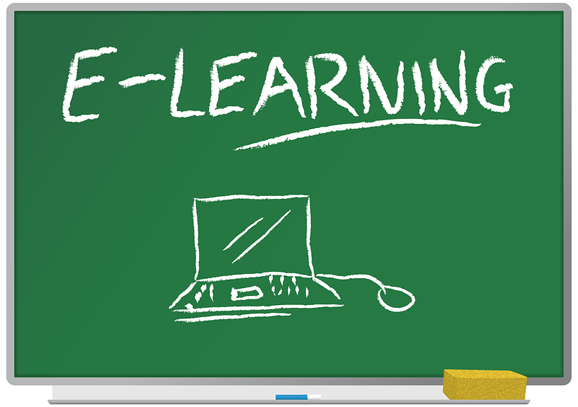
How ICT Build Participation?
Making Forums
We generally observe that many kids don’t raise their hand, when teacher put question or never go to teacher to clear their doubt, this may be because of their shyness or hesitation. So our aim is to remove this hesitation and increase participation. So what I believe is making forum virtually is very interesting, where students can ask anything freely or anytime, not just in school, but also in home. In the forum we will allow other student to give answer to queries. So it will help in erasing their hesitation and increasing in participation.
Videos
Videos are always better than text. So every time instead of teaching from book is not good. So here we can include some videos or we can show them videos to clarify the concept. There are lot of Videos available on internet. With this student starts taking part in lesson we are teaching them. We can also make videos of class activities available online – teachertube, youtube, vimeo. With parent permission, you could shoot video of particularly interesting class activities and then upload the video content to a video sharing website.
Use of Social Media
Facebook these days is everyone’s favorite. By making groups and pages of class or student on facebook will keep them up to date about everything latest happening in class or school. Sometime we notice that student miss information about quiz, debate competition or any other current program going in school, by posting it regularly on facebook pages we can keep them regularly updated. So it will increase their participation. Below is example of random group.
Making Website or Blog
There are lot of free tools available which help us to make free website. So now question is how this website helps in participation. First of all we will give this website address to their parents, so that they can check their child profile everytime. So how child is performing is always posted on that website or blog. We can post result their directly, so that it becomes easy for parents to compare their child with others. Khan Academy is example of one of best educational site and blog.
Effiecient Material for Teachers
Computers and the Internet are a great resource for classroom teachers! Teachers can find suggestions, lesson plans, practical support, information, and materials through the Internet. In fact, using a computer can make a teacher’s life easier and more efficient.
Homework to Research Work
With the use of ICT we can convert homework into research work. By giving little bit different question to student, he or she will search for it on Google. So instead of just copying it, student will search different webpages to find accurate answer. It will increase their participation in solving questions and doing homework.
How Inclusion is possible using ICT ?
Affordable Knowledge
Investing in research material may be tedious and unaffordable for some. But, now, thanks to the Internet, we have content websites, web encyclopedias, and dictionaries whenever we want them. Today, able as well as less-able students can be benefited to the sea of knowledge through the Internet. University courses and learning is now easy for people belonging to all strata of the society with the help of online courses.
For Physically Disabled
People who are blind can use their computers by installing hardware or software that simulates the human voice reading the computer screen or produces hard-copy output in braille. People who have who have the appropriate technology, to use computers to read text aloud and/or produce Braille.
Online Courses for Everyone
Online courses provide an opportunity for people of all age groups to take up education of their choice, according to their liking and wish. Be it a student, a housewife, or a professional, they can just start up their computers, connect to the Internet, and take virtual classes. Therefore, people can now gain knowledge according to their need and time available. You are, now, never too old or too busy to learn something new.
Poor People
But for using net you must need mobile, PC or internet connection. There are many companies or organisation those provide internet data use according to need. Schools should provide proper computer labs so that we can also make wi-fi zones in schools, every student is provided with username and password. So that students irrespective of their cast, financial condition can use internet. School should give extra hours to students so that they can access to internet in free time.
How to encourage Women ?
ICTs have the potential to improve or remove some of the barriers or constraints that prevent women and girls from accessing educational opportunities, such as illiteracy, poverty, culture factors leading to women empowerment and gender equality. But there are additional factors that prohibit women from ICT usage such as restricted access to the technology, high costs and lack of skills and information.
Below in this Video that we picked from Youtube shows how poor women in villages are motivated to learn computer.
However, the lack of participation of women in the use of, and access to, ICTs can primarily be attributed to social behavior, culture and religious traditions, for example:
- Cultural and social attitudes are often unfavorable to women’s participation in the fields of science and technology, which limits their opportunities in the area of ICT.
- Women should be given opportunities, to showcase their talent. ICT work such as powerpoint presentation, content writing using Google should be given to them. Proper knowledge about Facebook, Twitter and all social networking sites should be given to them.
- Policies should be made in favor of women so that they have equal chance as that of men. Today we see that IT is still male dominated field, but now as policies are changing, women are also getting equal chance as compared to that of men.
- In some societies, women are barred from public places making access to community tele centers difficult for them.
- Women are often financially dependent on men or do not have control over economic resources, which makes accessing ICT services more difficult. (courtesy :infodev)
- Allocation of resources for education and training often favors boys and men resulting in lower levels of literacy and education, including training in languages which are predominantly used in ICT platforms and the Internet.
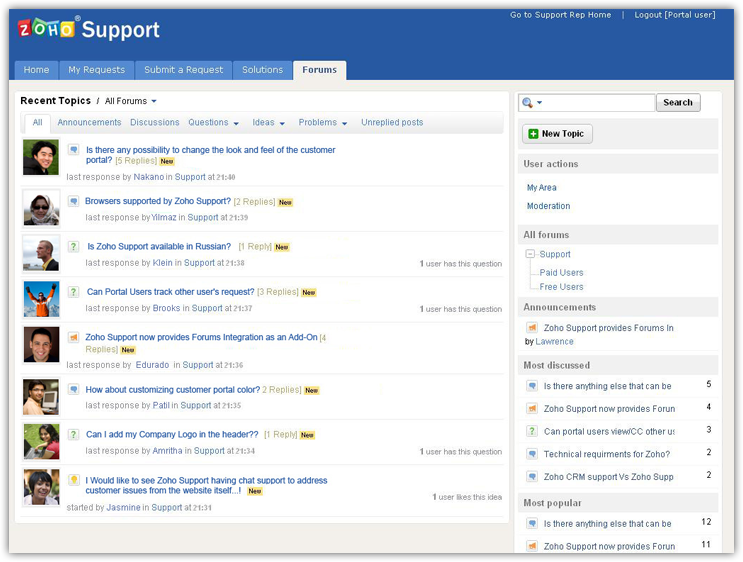
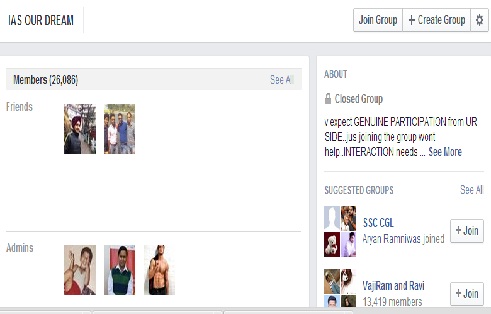
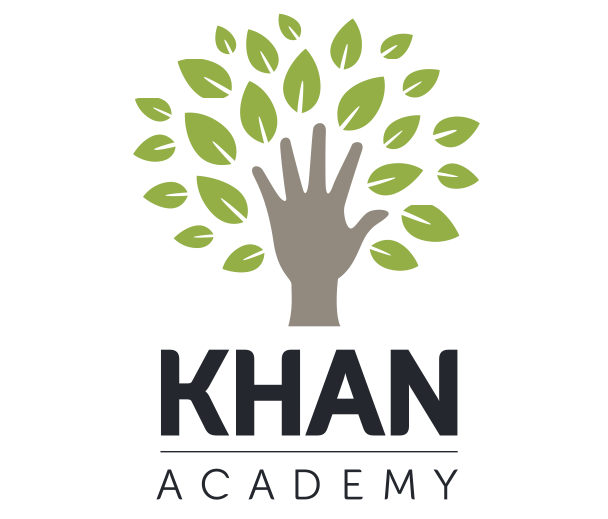

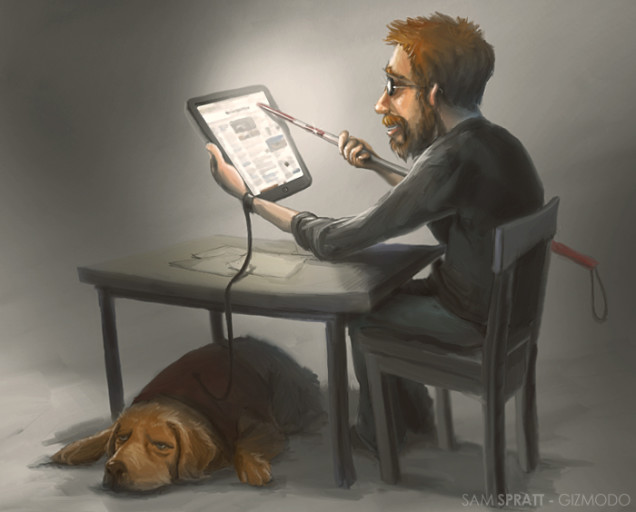
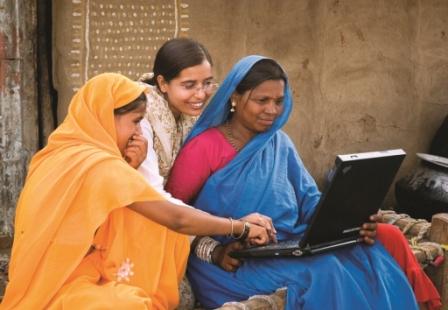
Leave a Reply